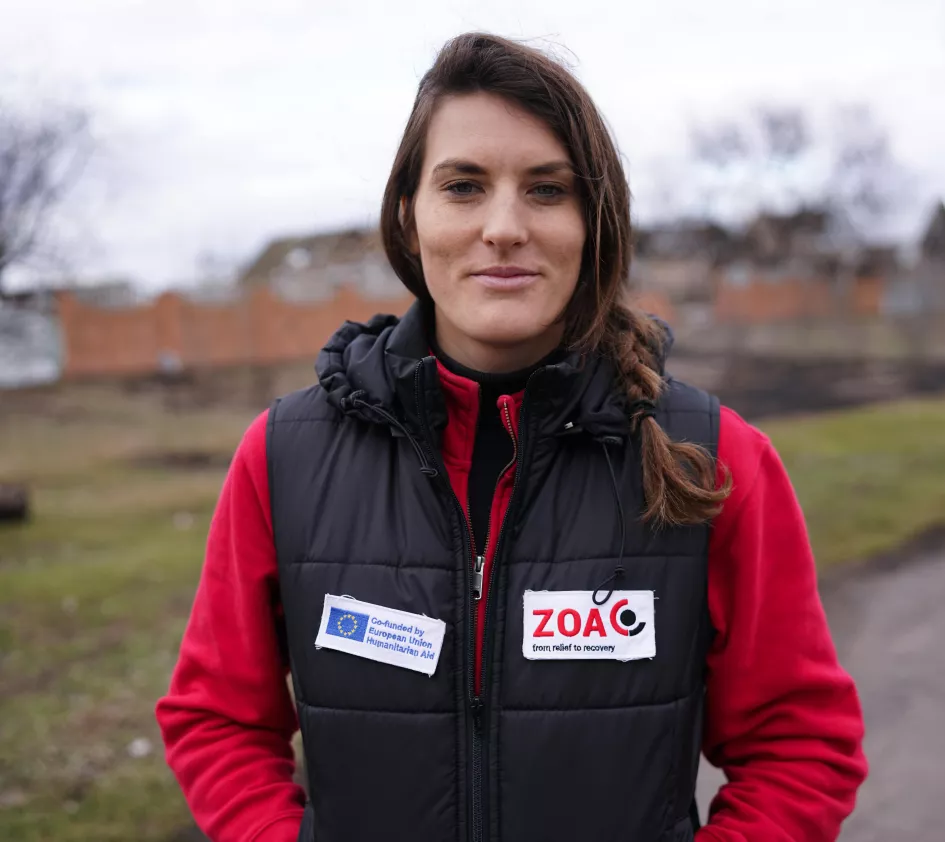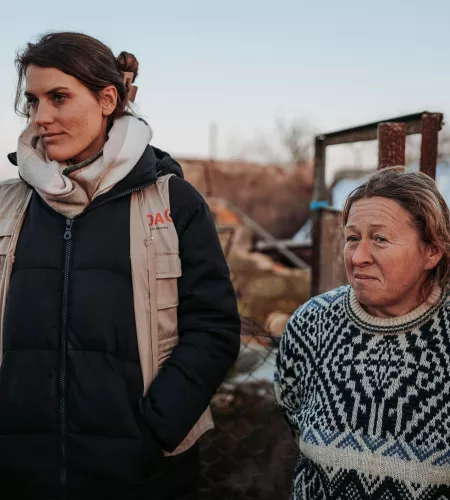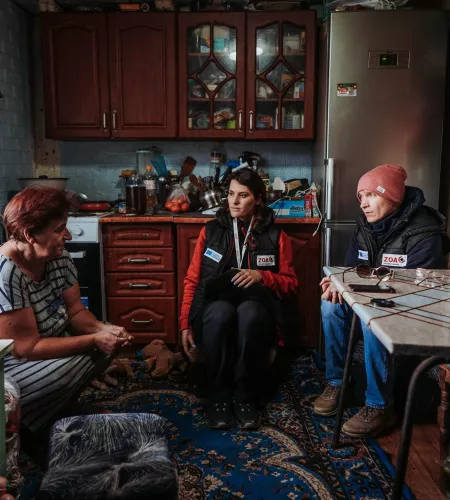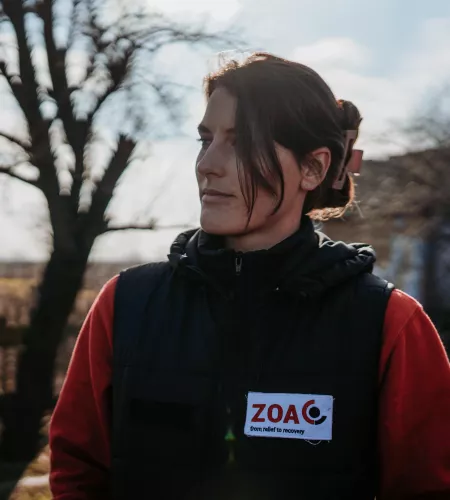You studied business administration and economics in Amsterdam. Why didn't you choose a commercial career?
“I always really liked economics, even in high school, which is why I started studying it. But I also knew that I wanted to do something to help people. As a child, I often accompanied my parents on mission trips from church, to areas where people are less fortunate than in the Netherlands. After a year of studying, I decided to work in a refugee camp in Greece. That was when I knew for sure: I didn’t want to go into the banking world. I went back to finish my studies and then started at ZOA.”




